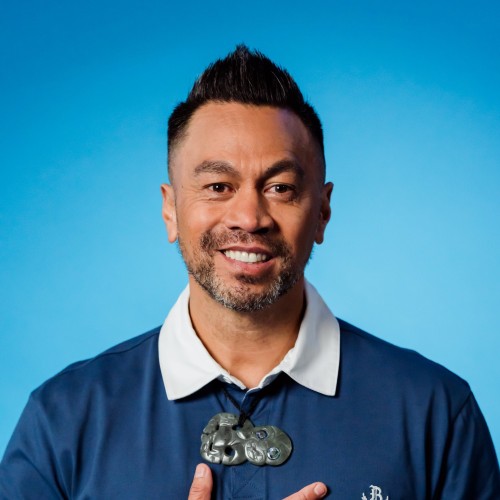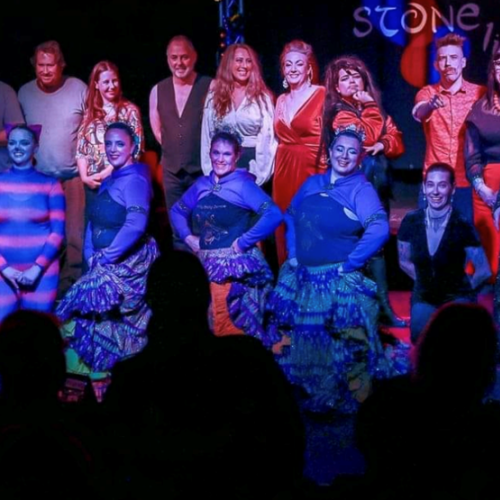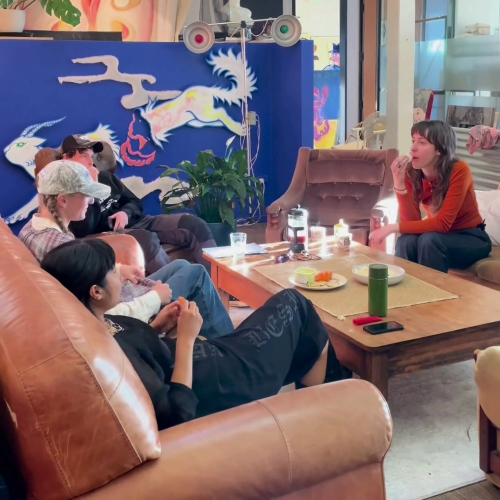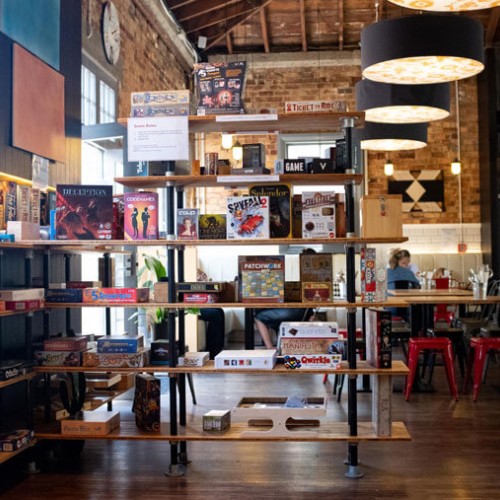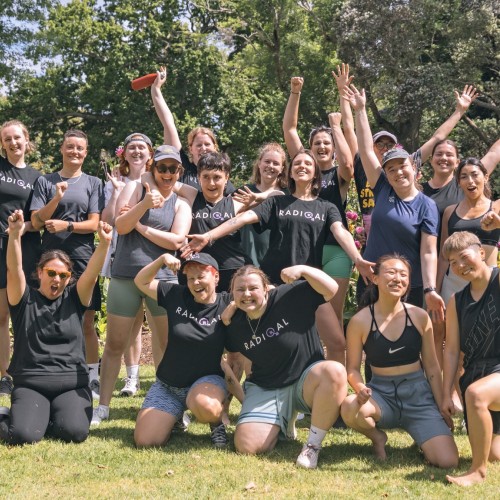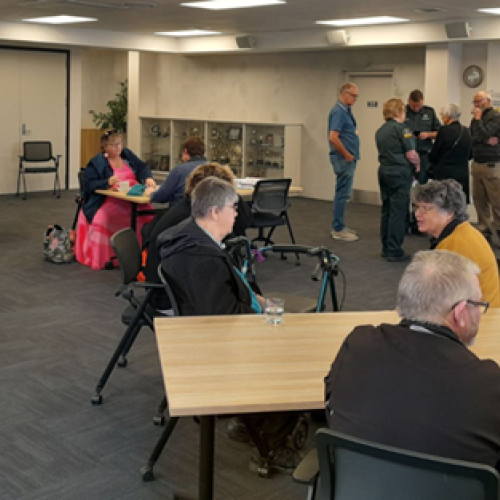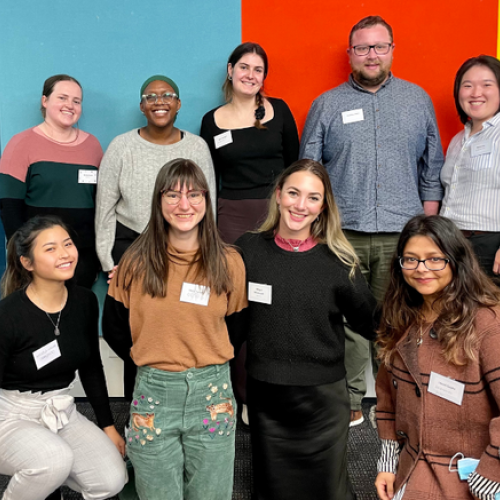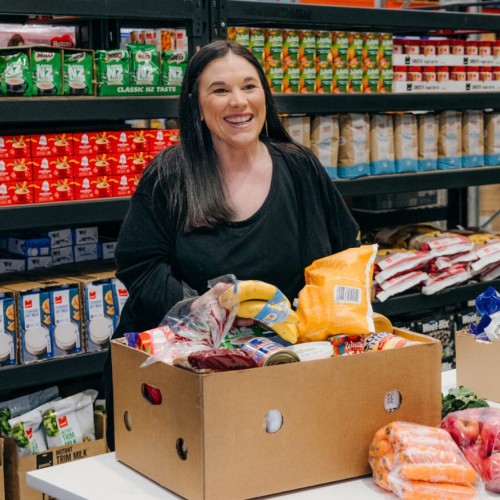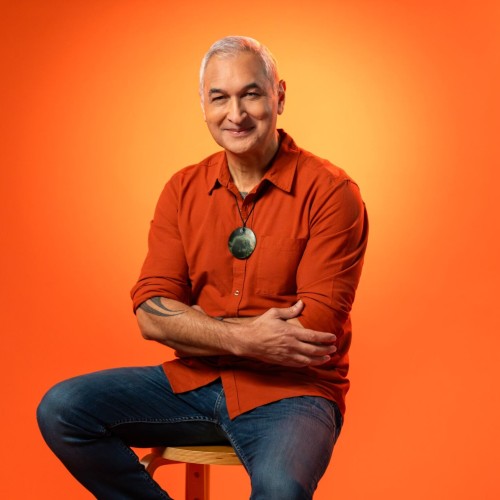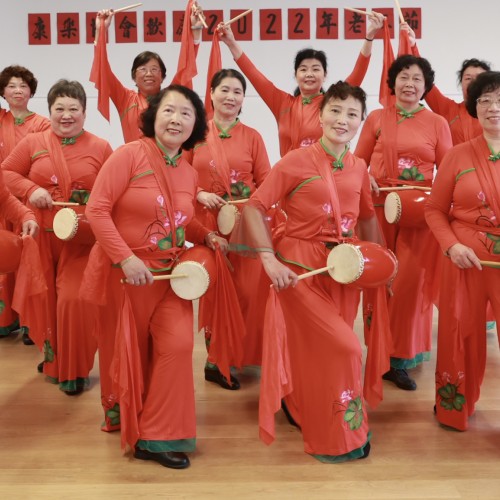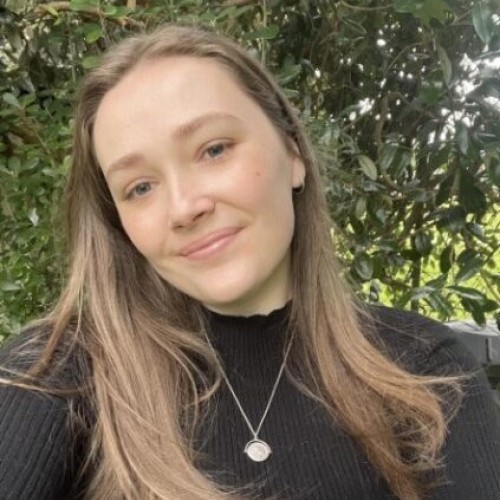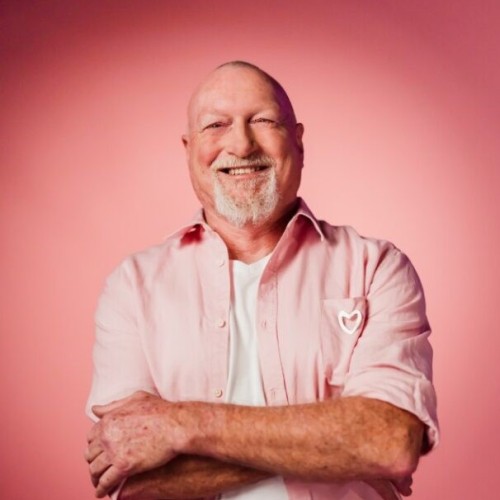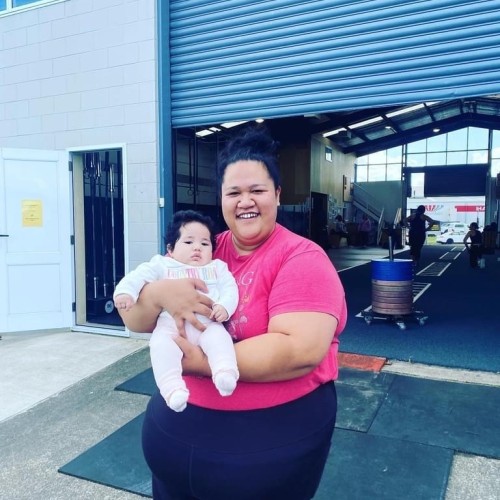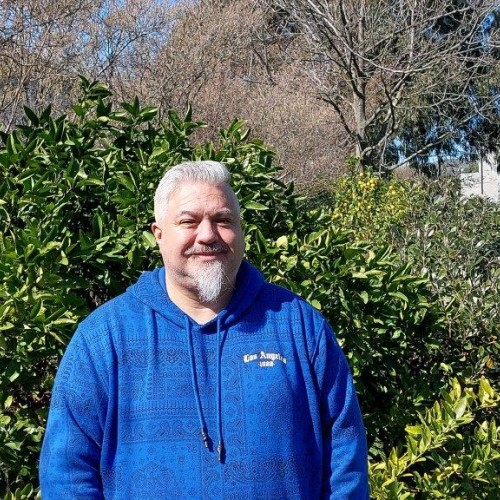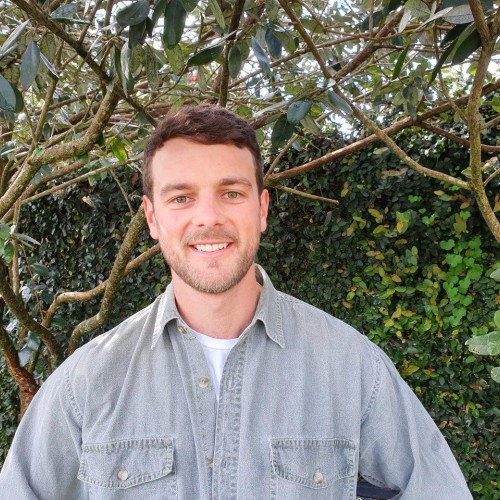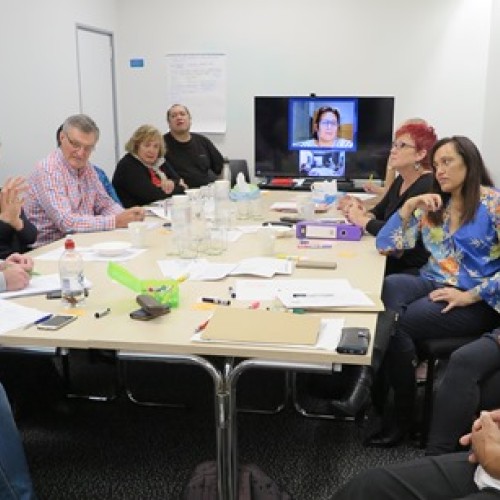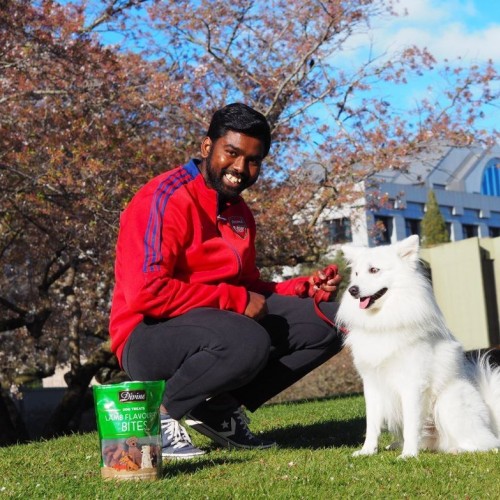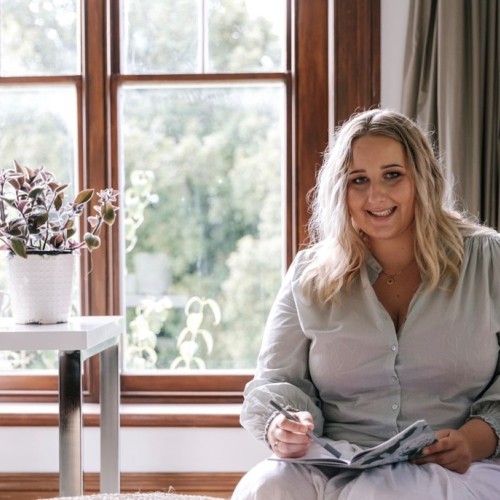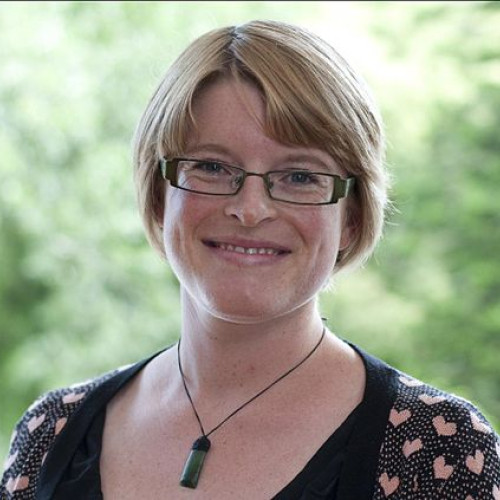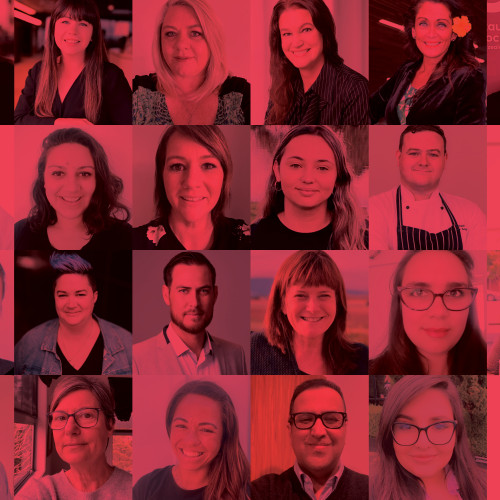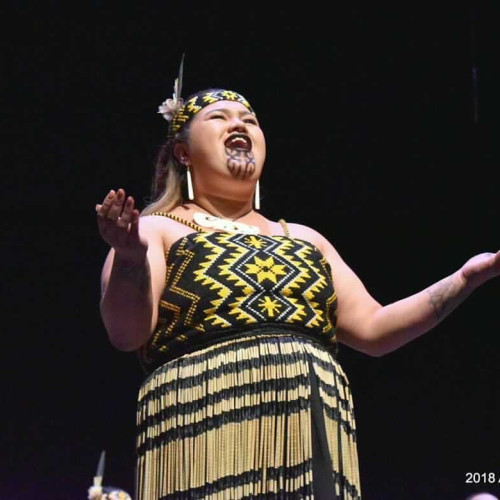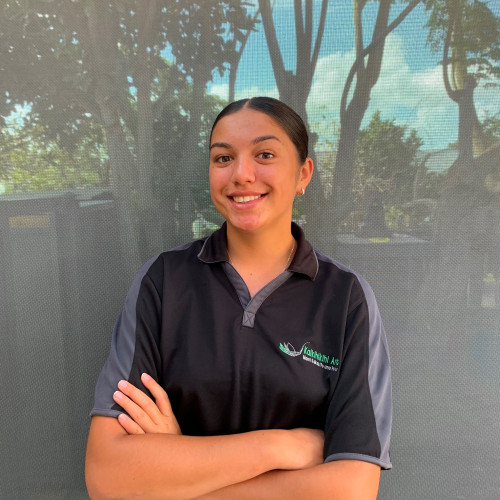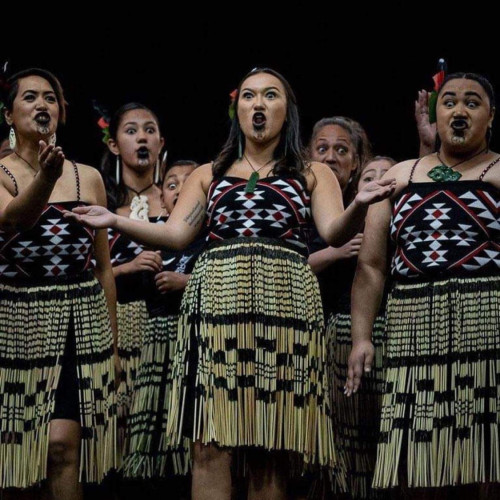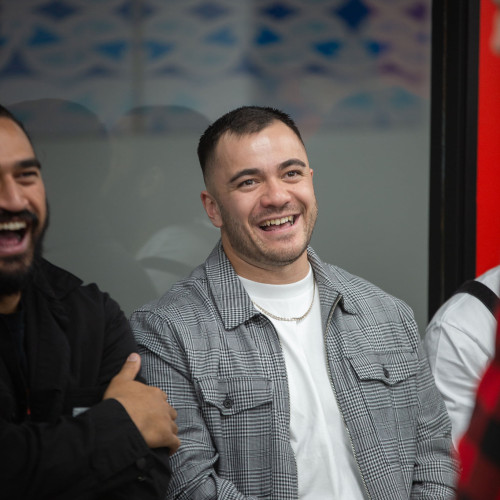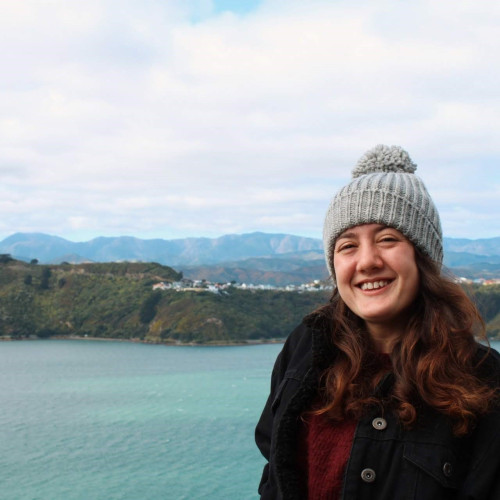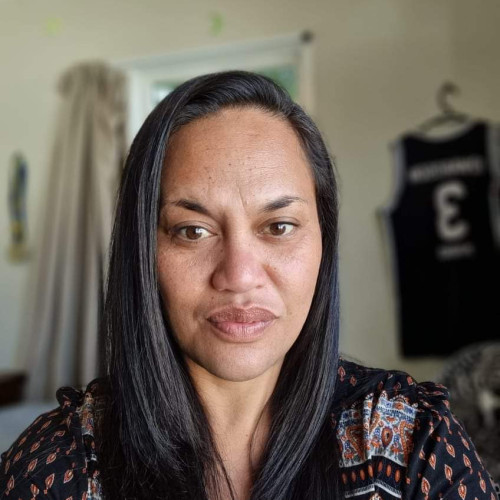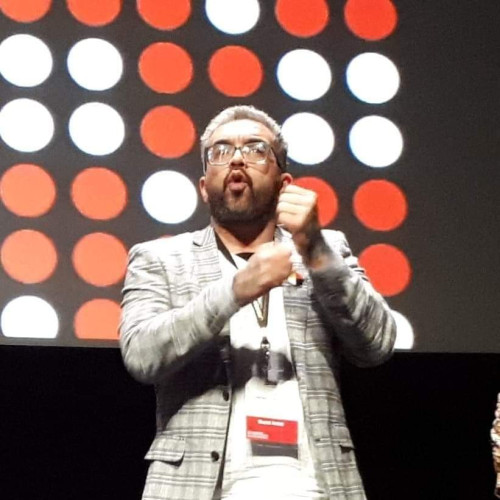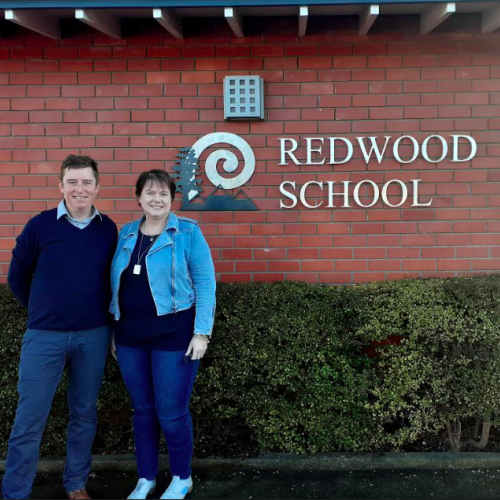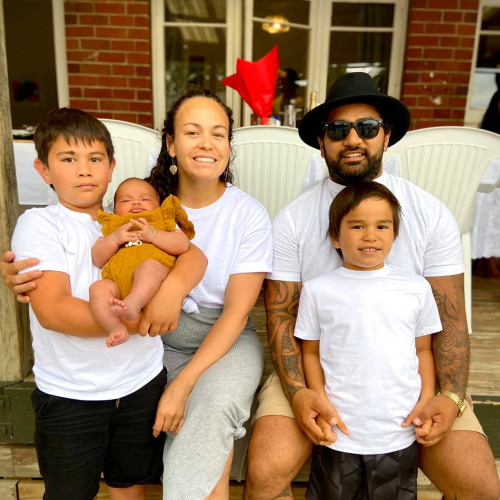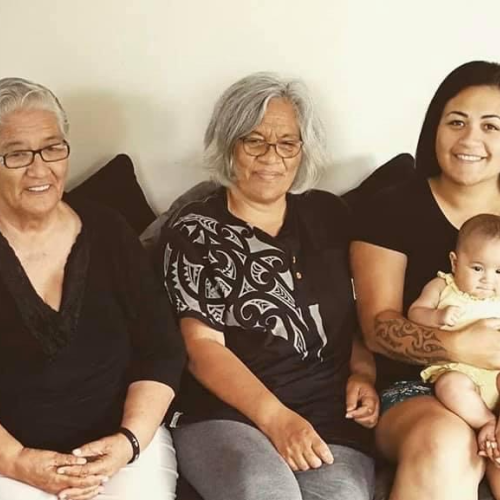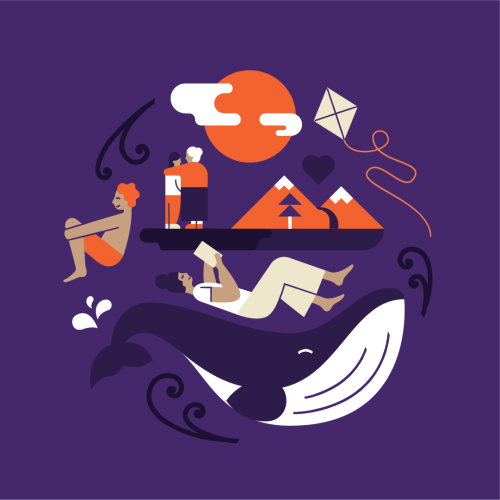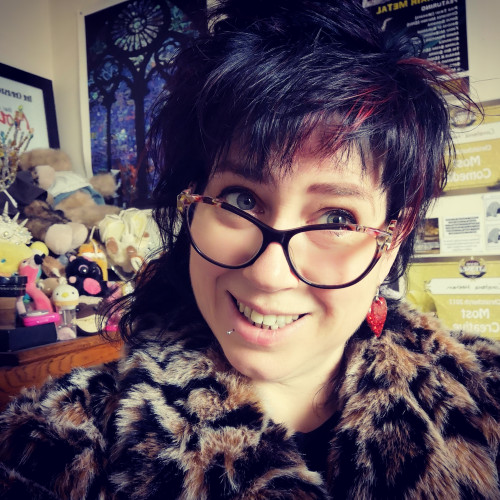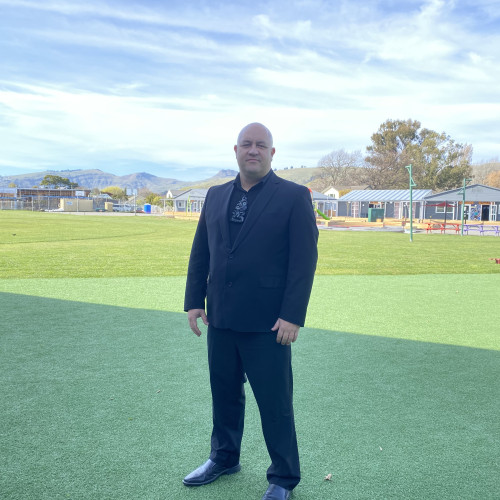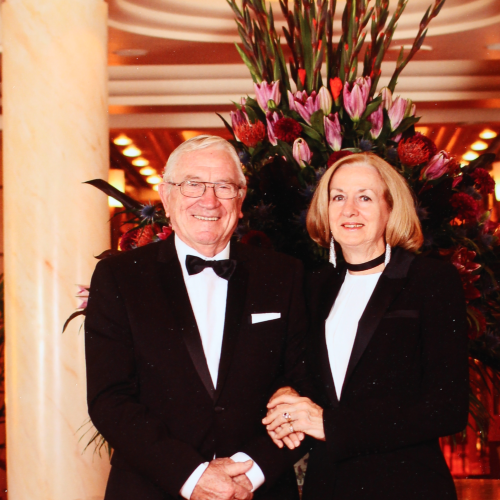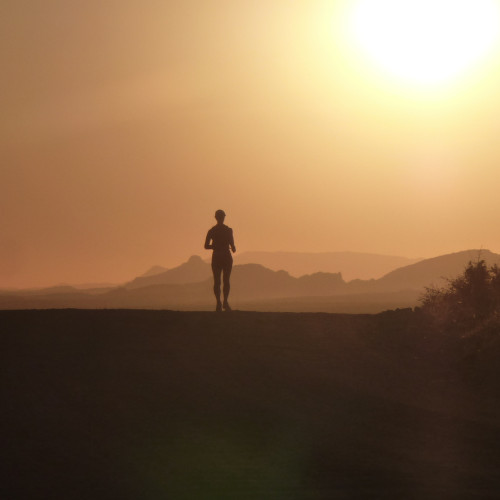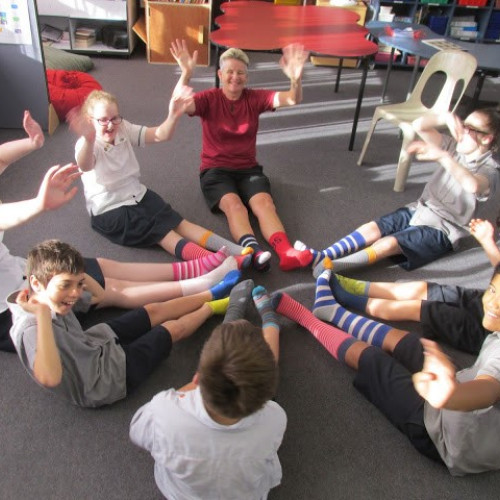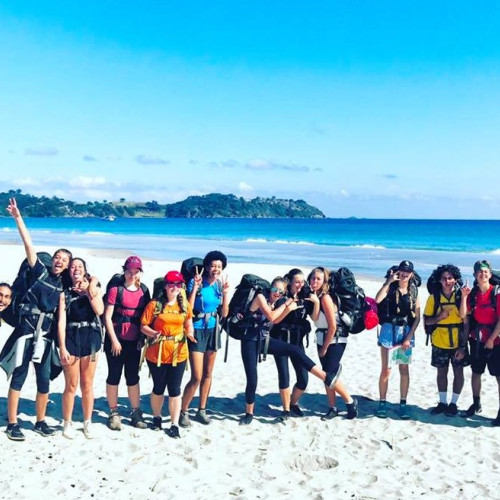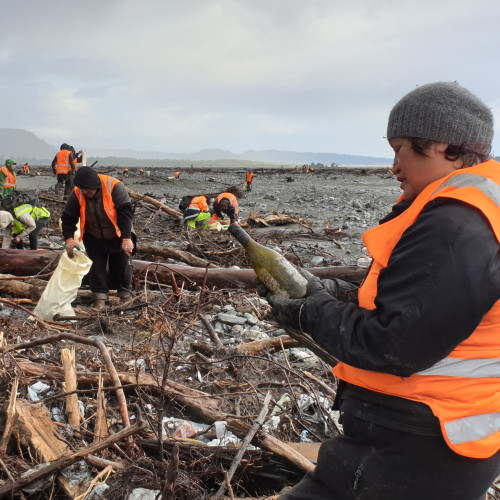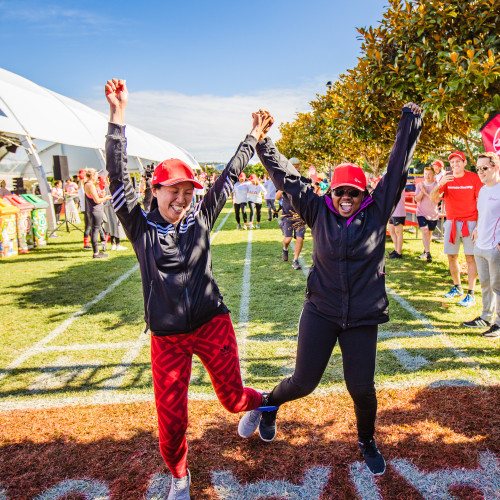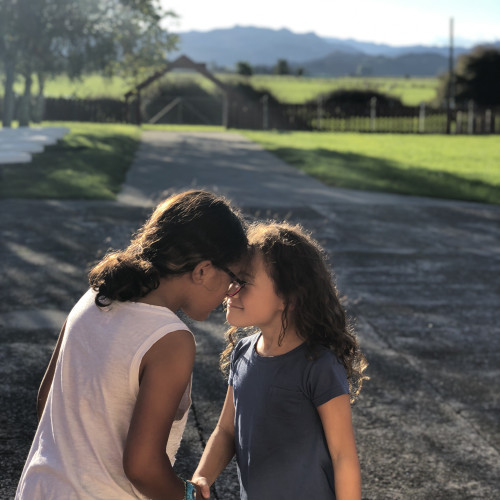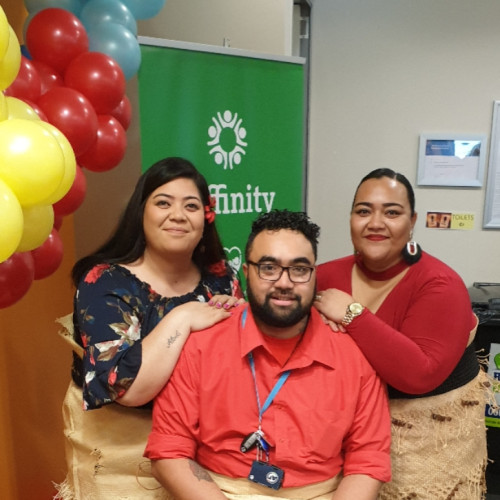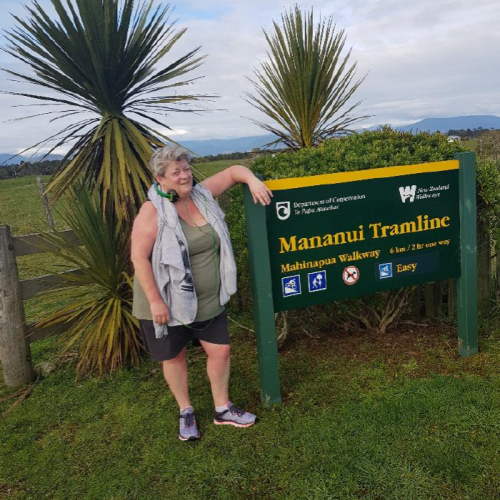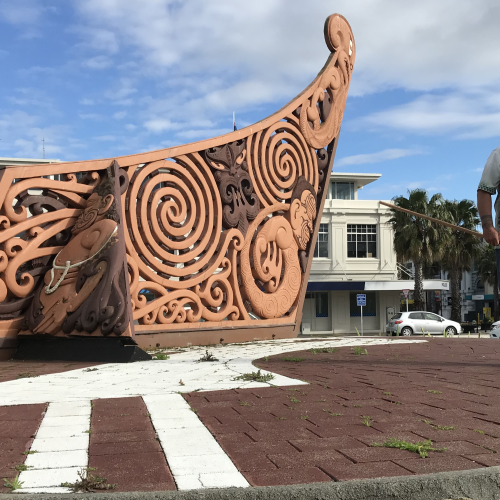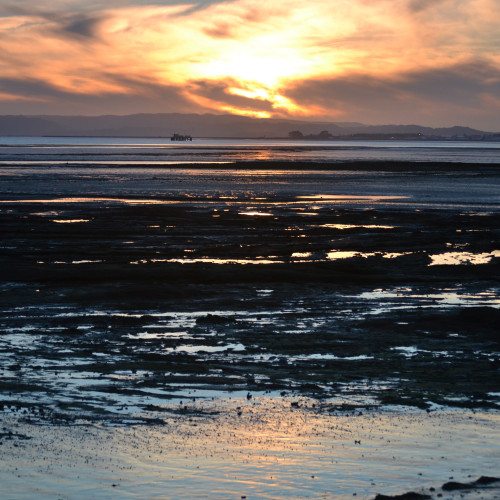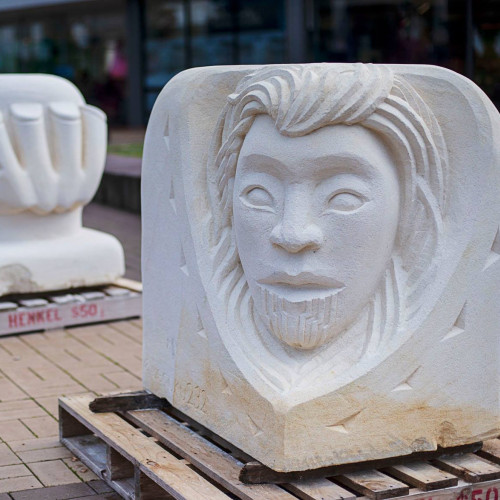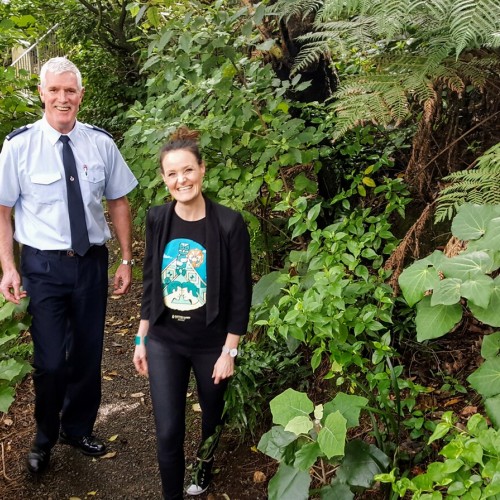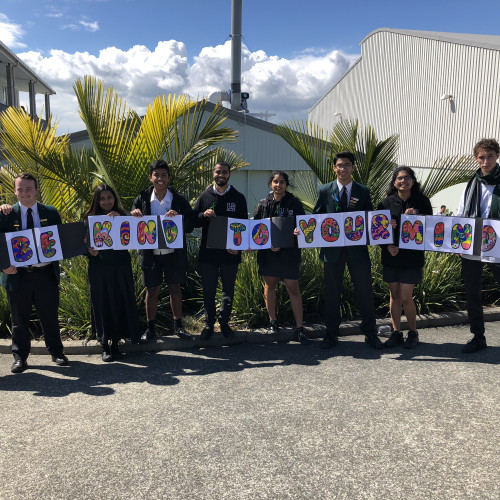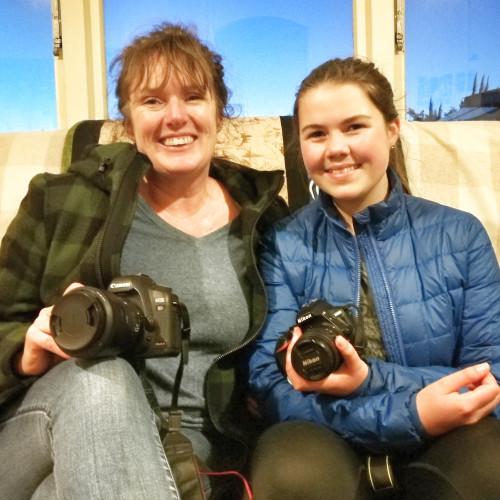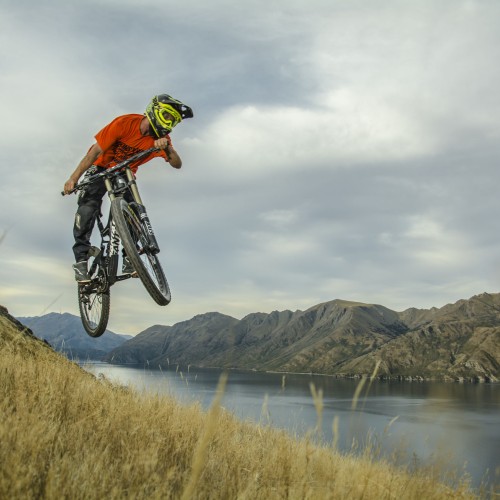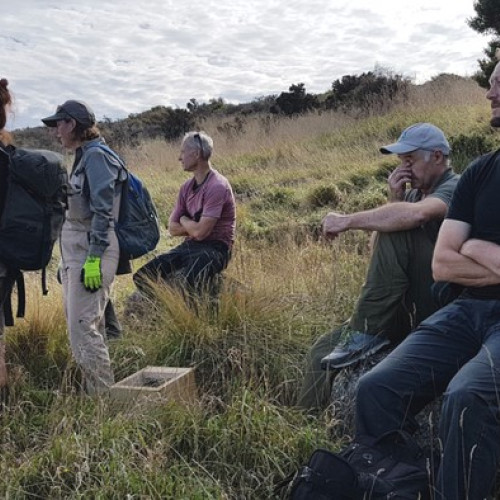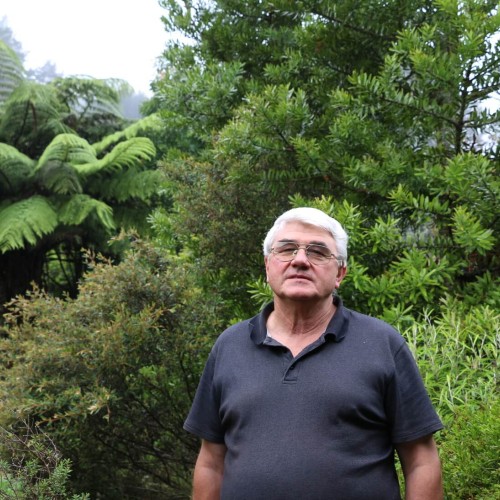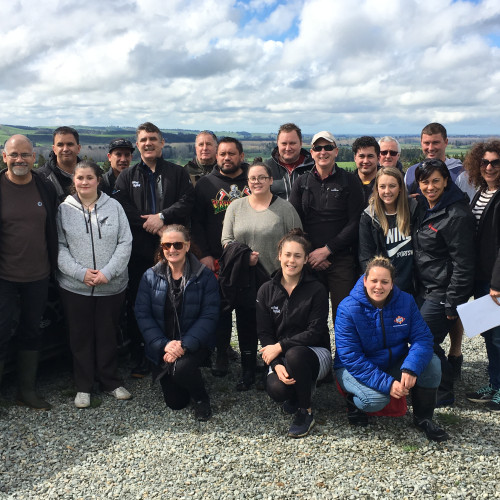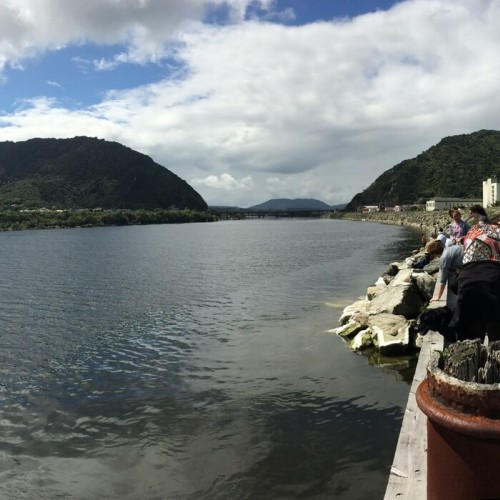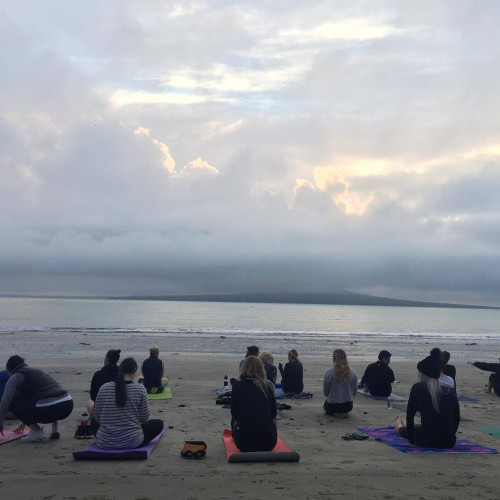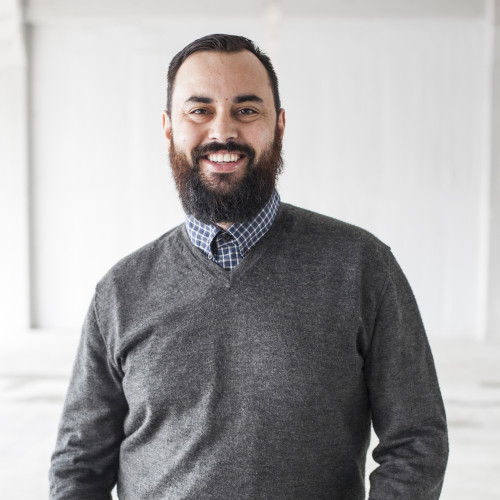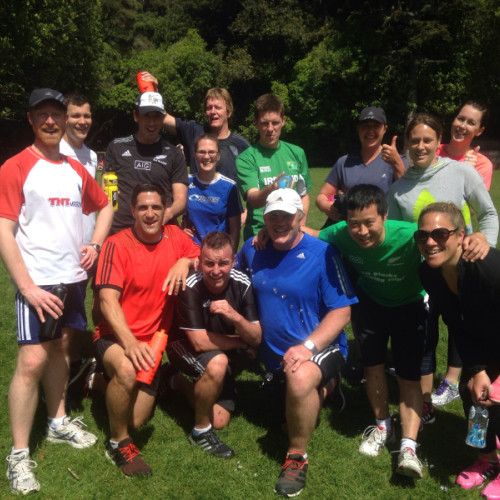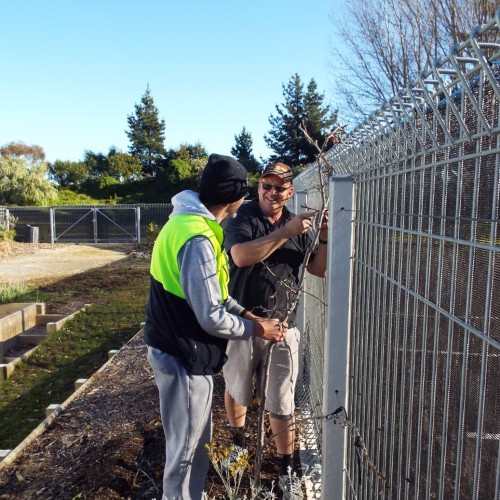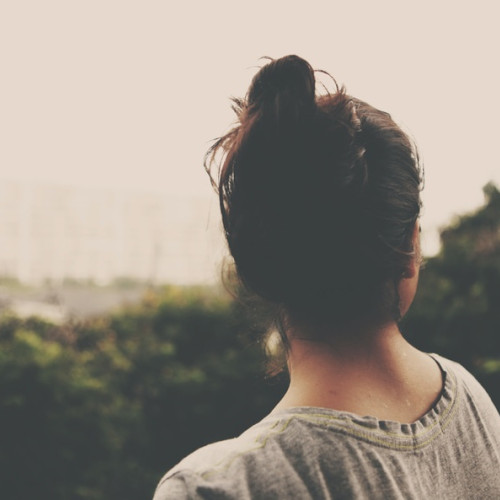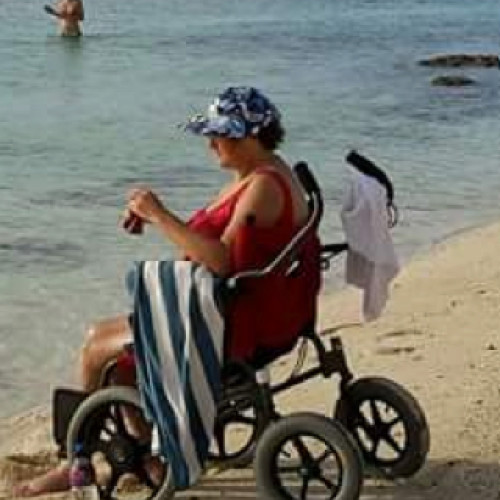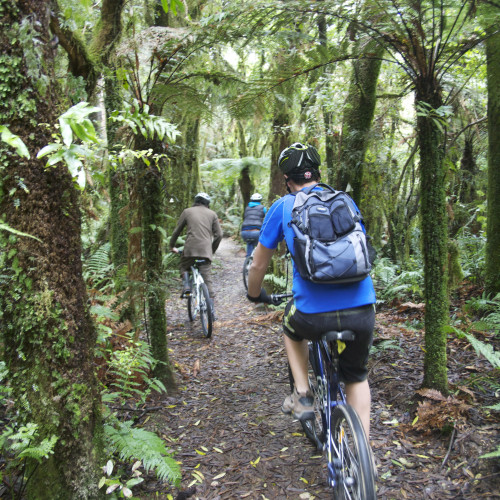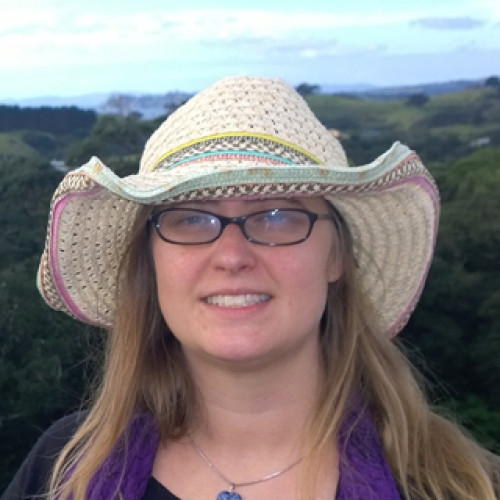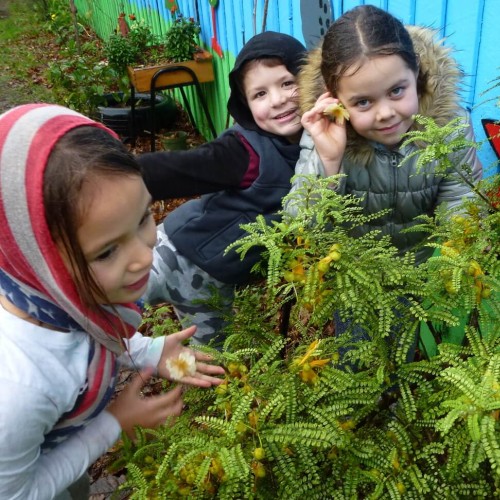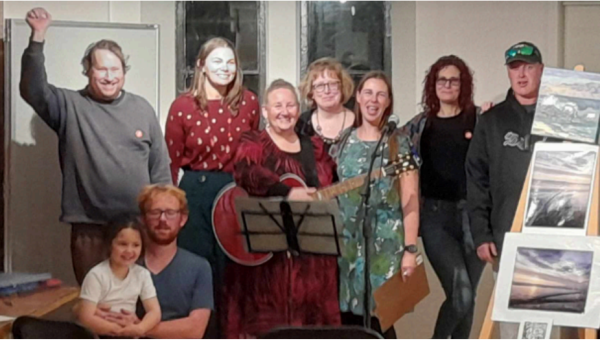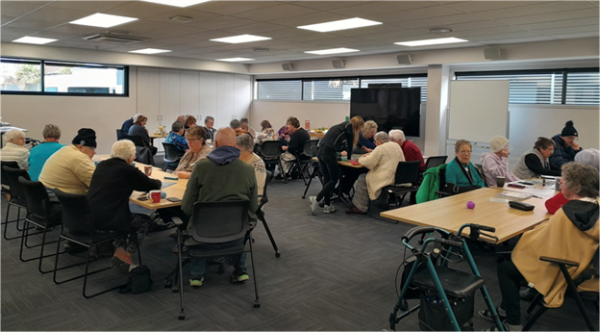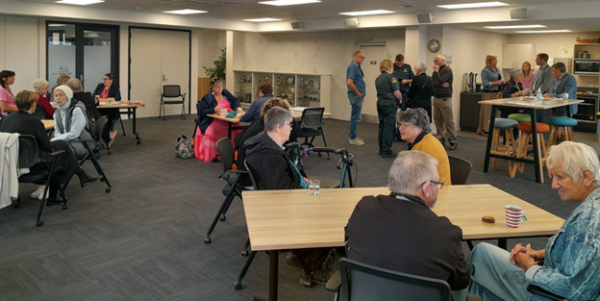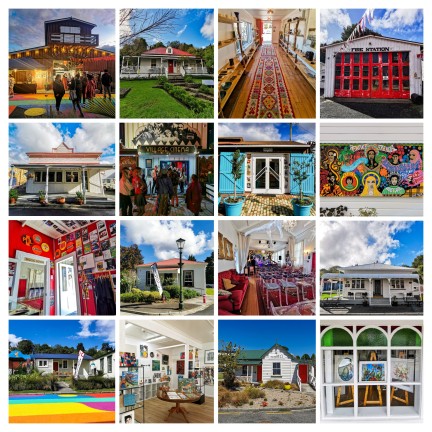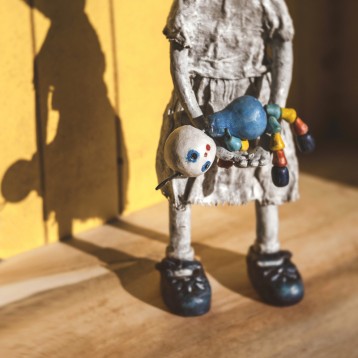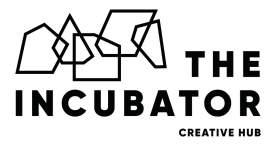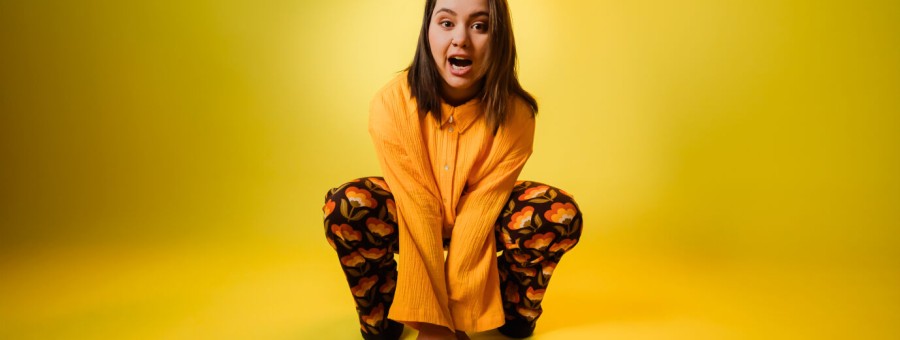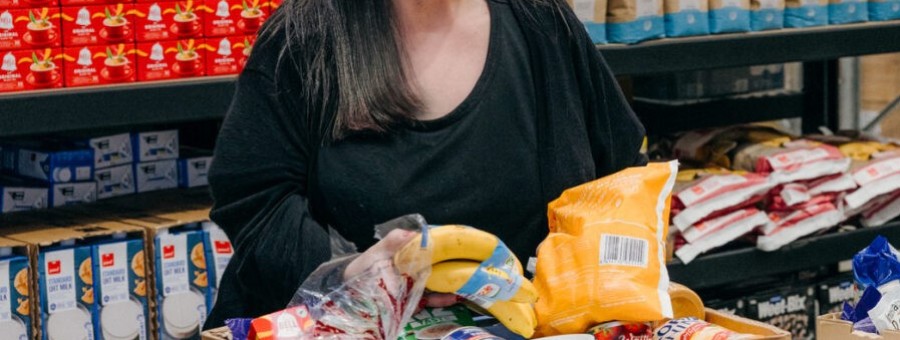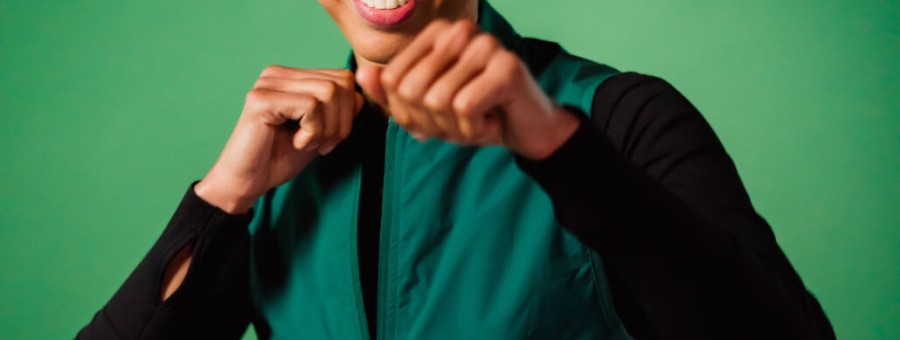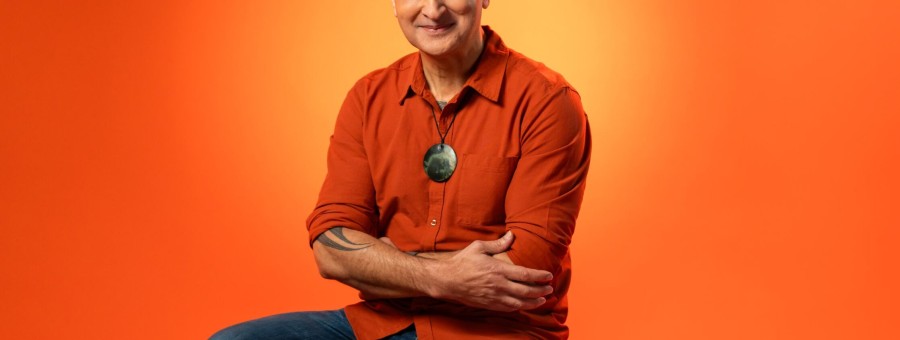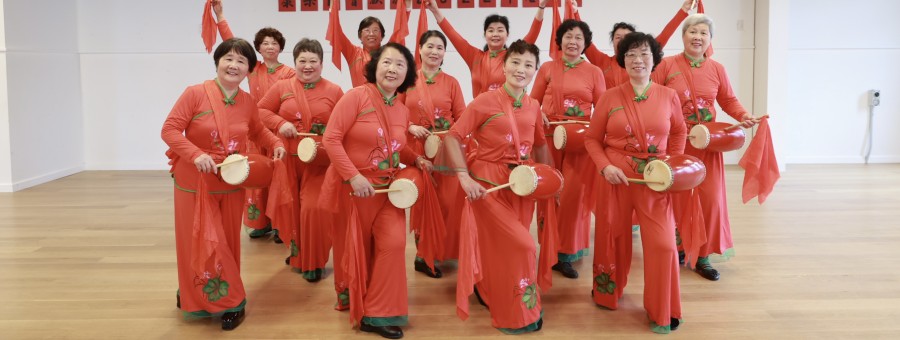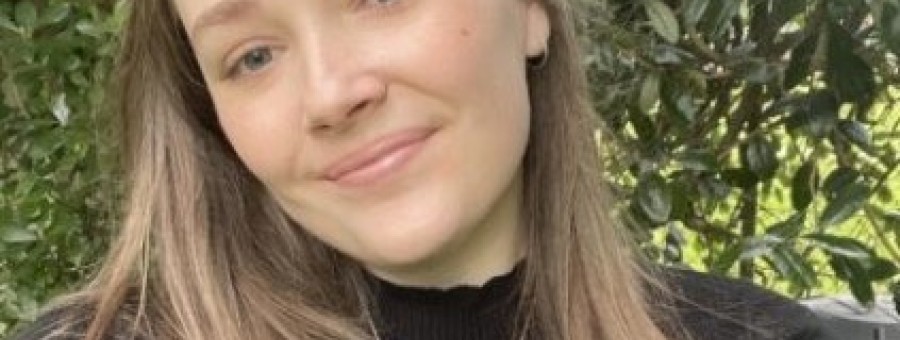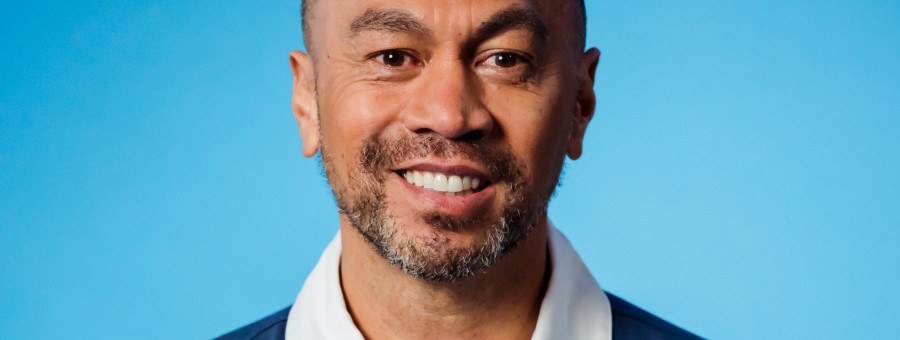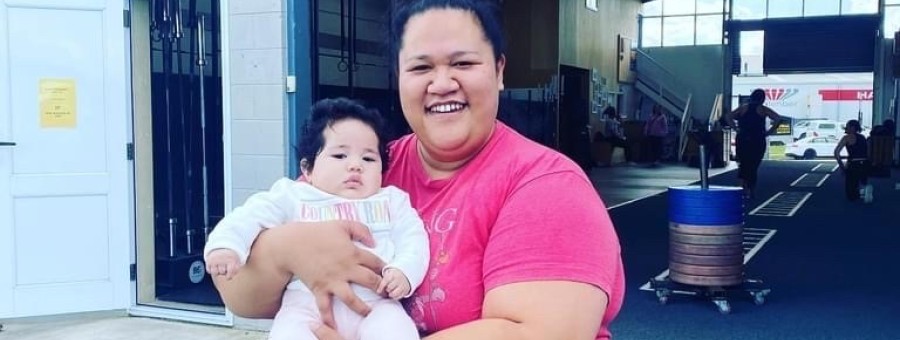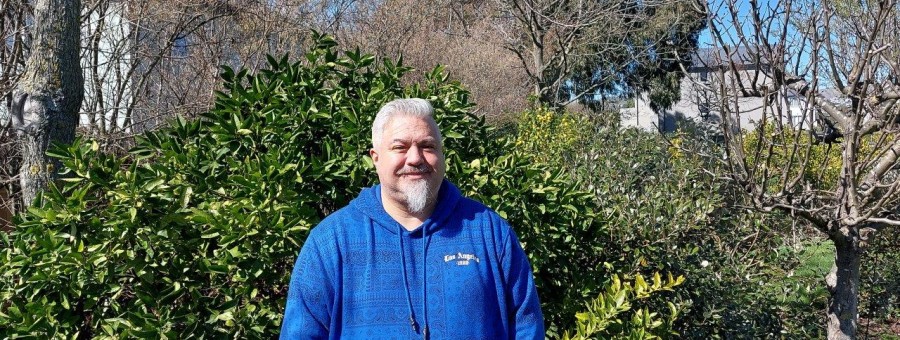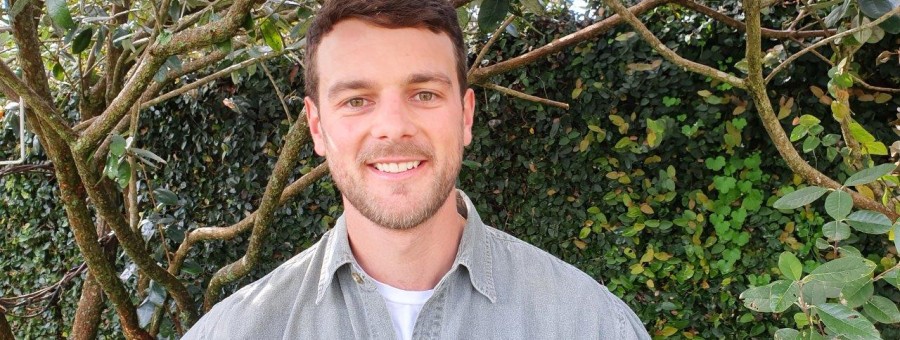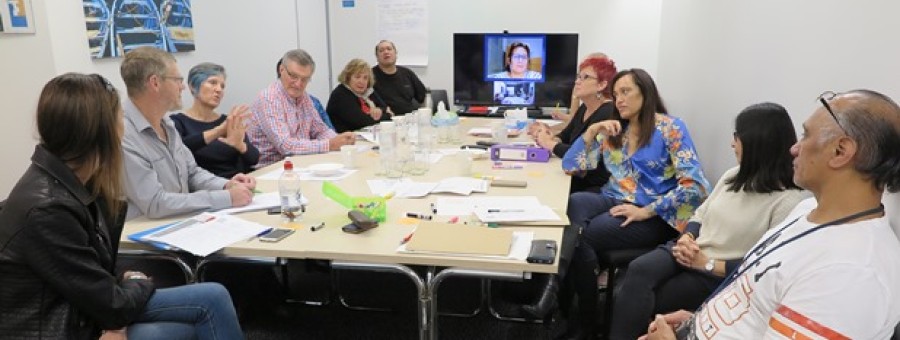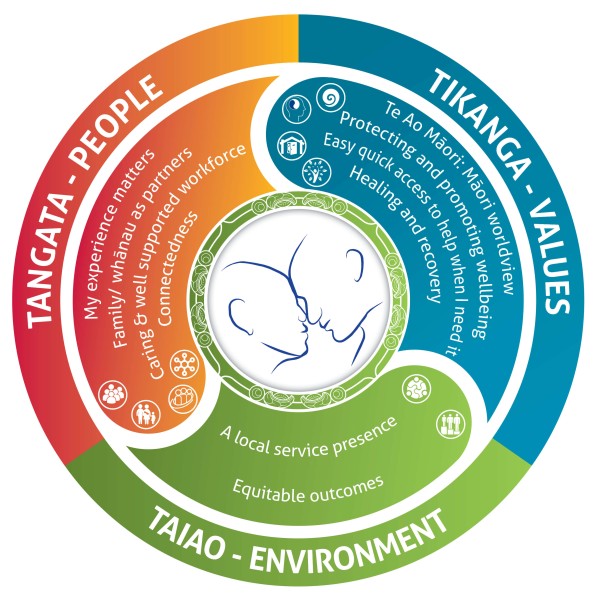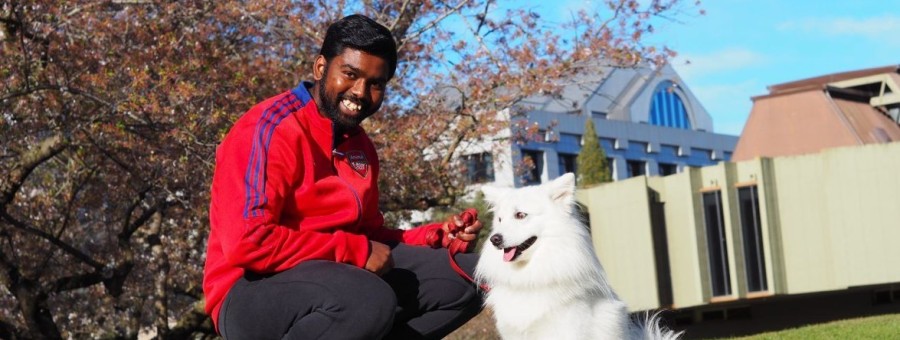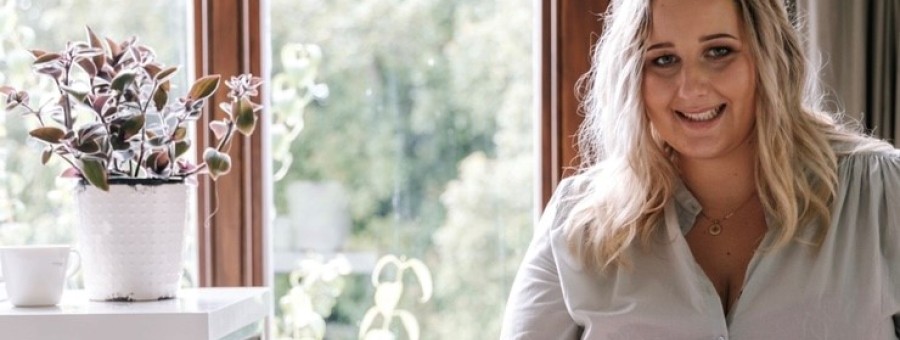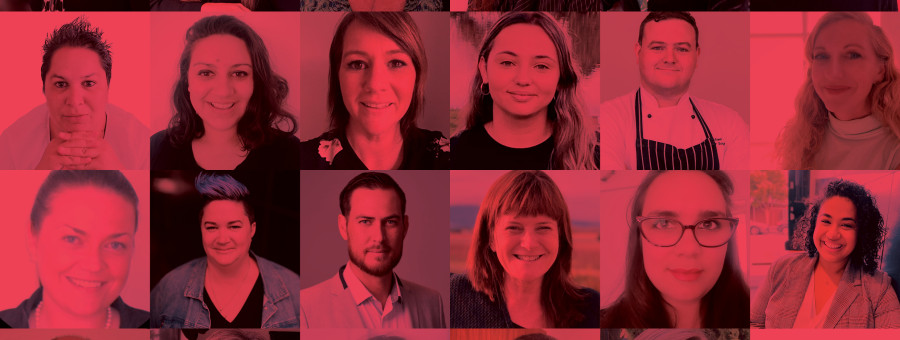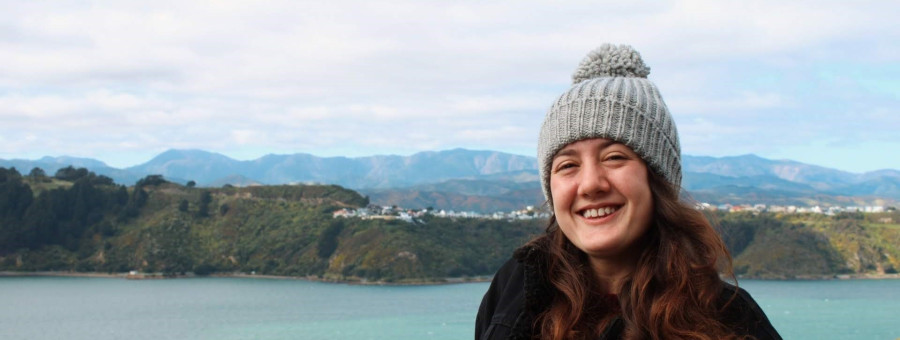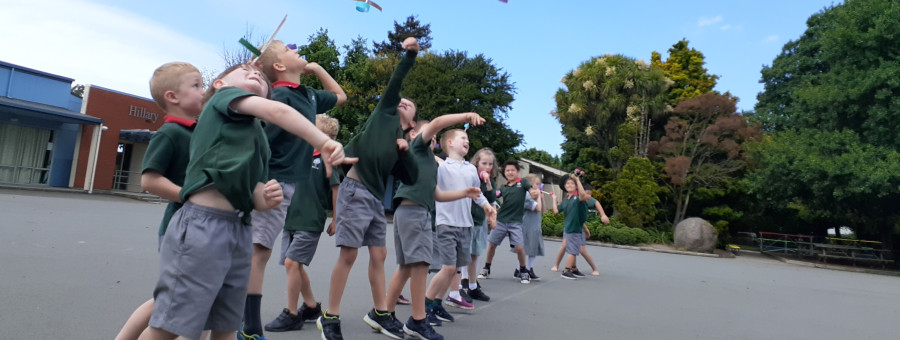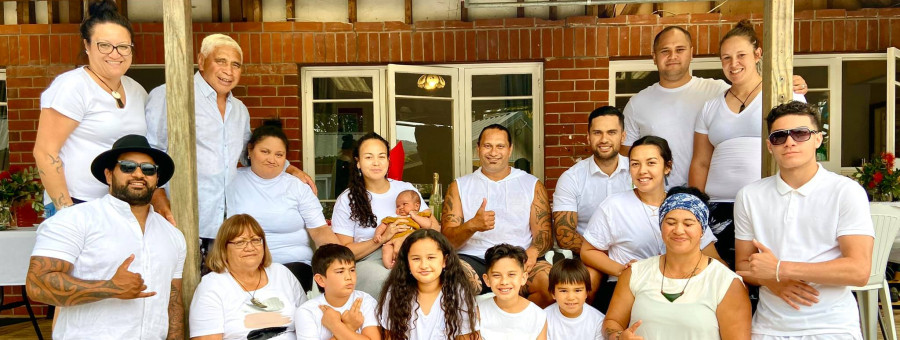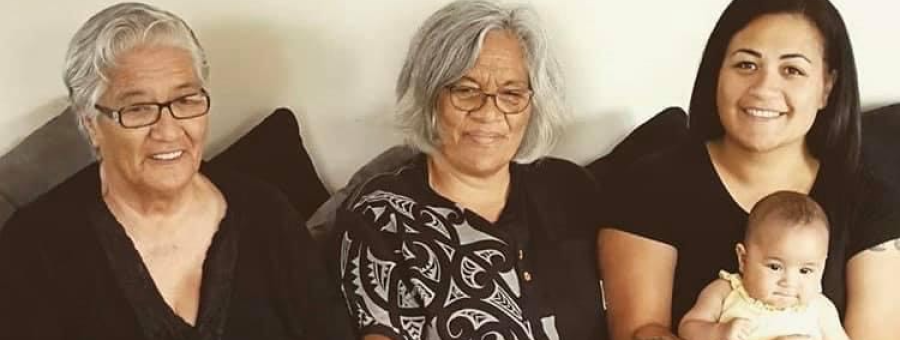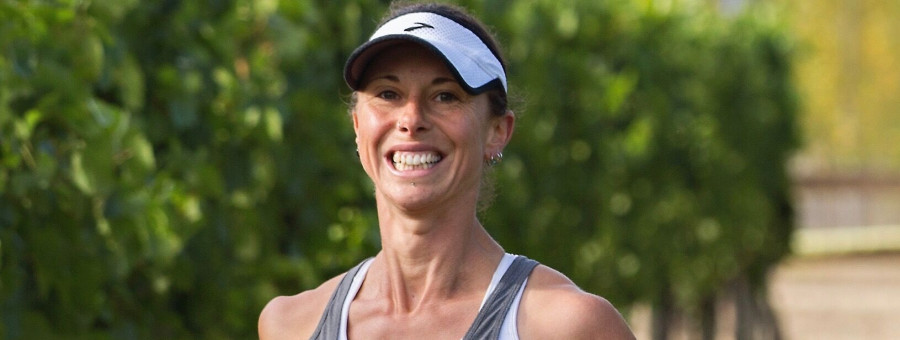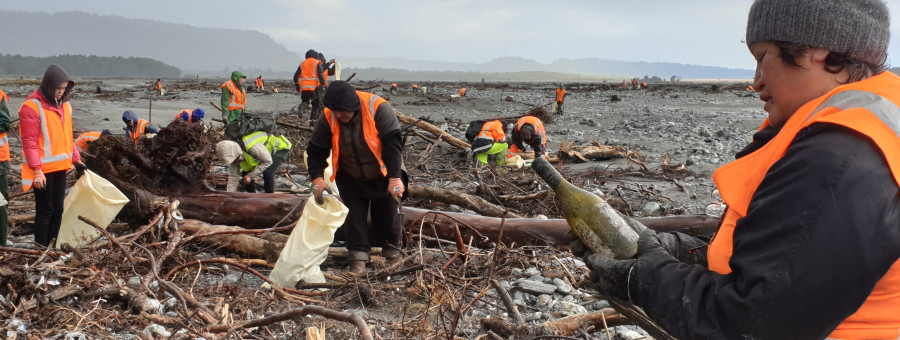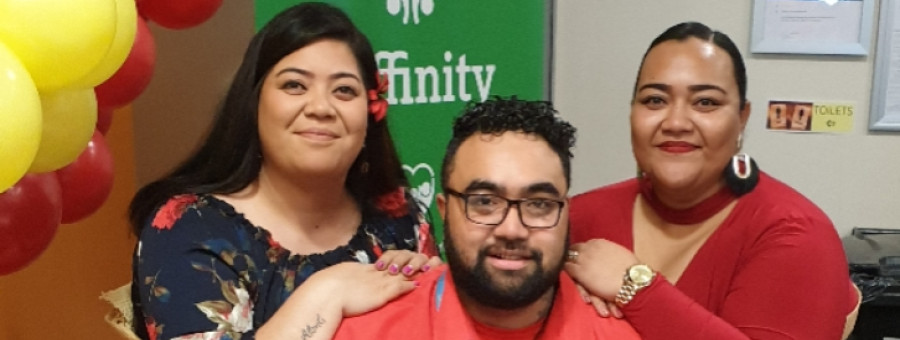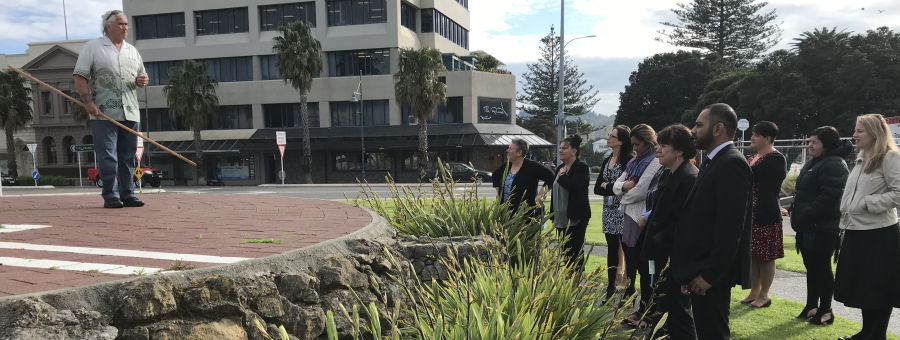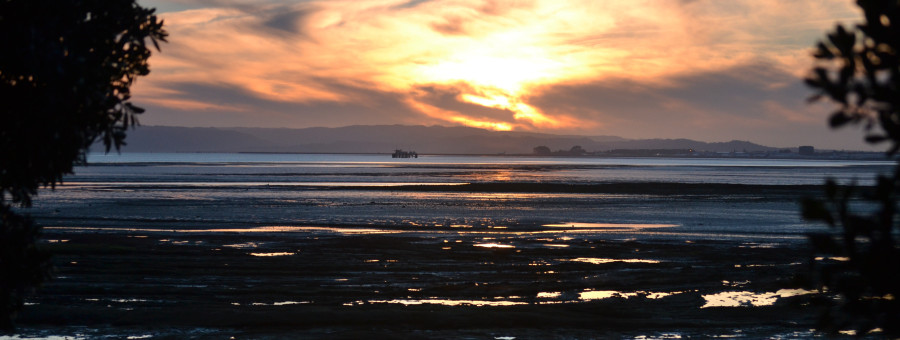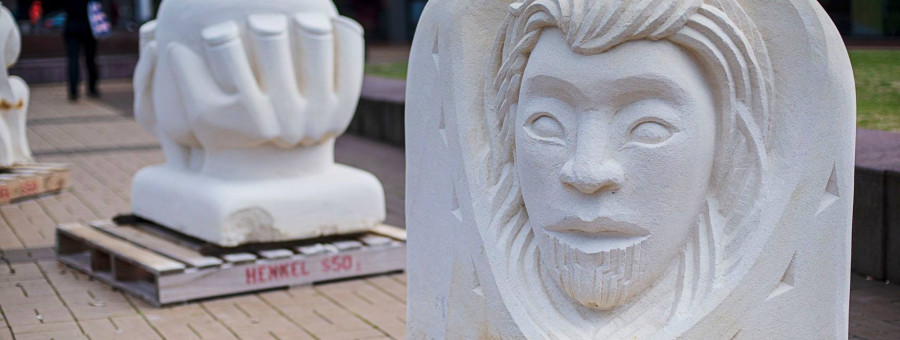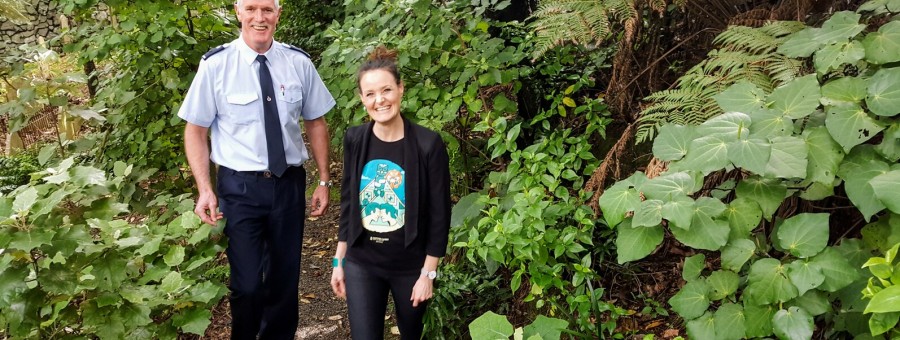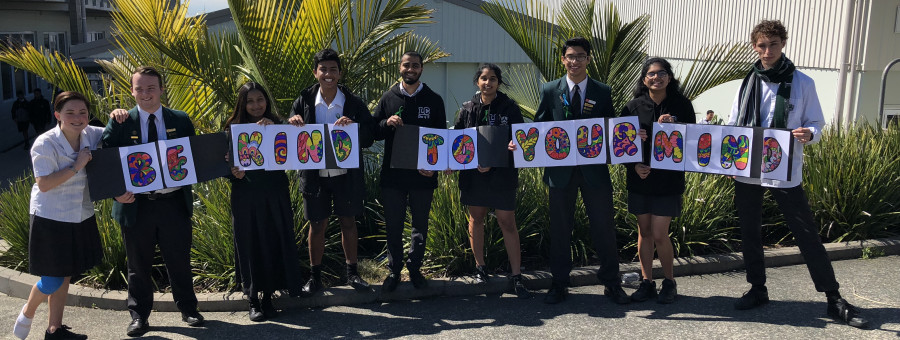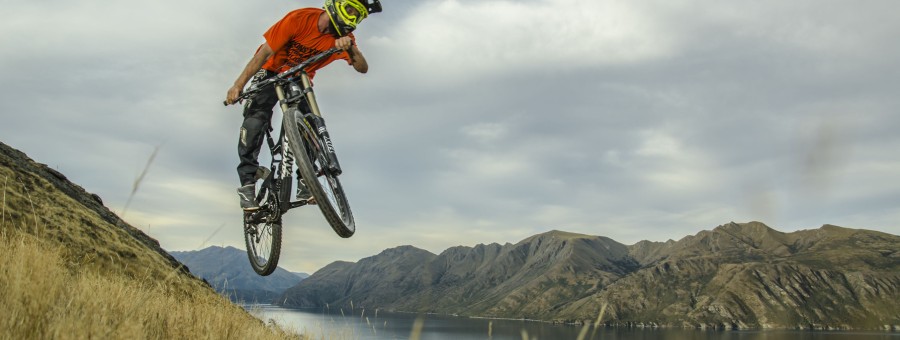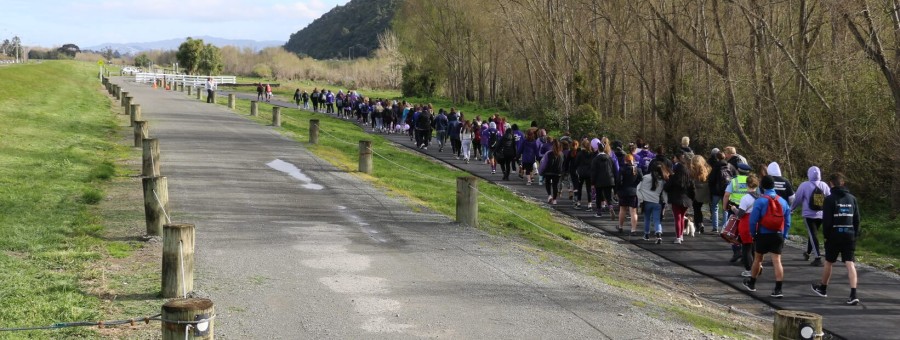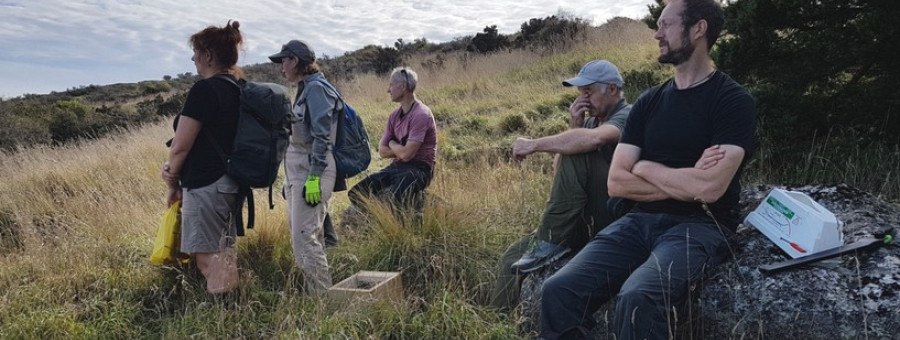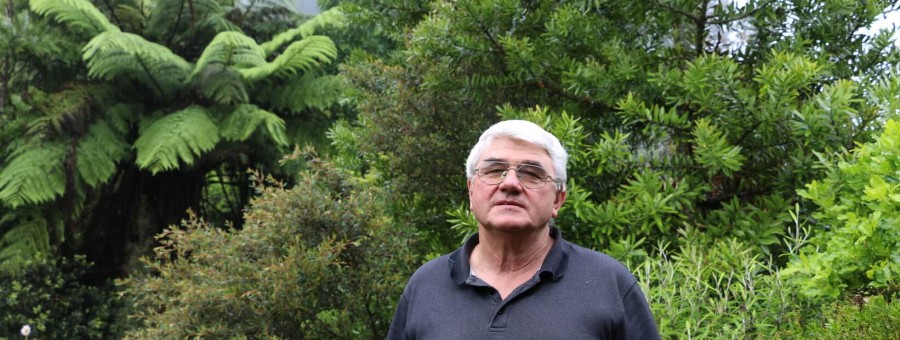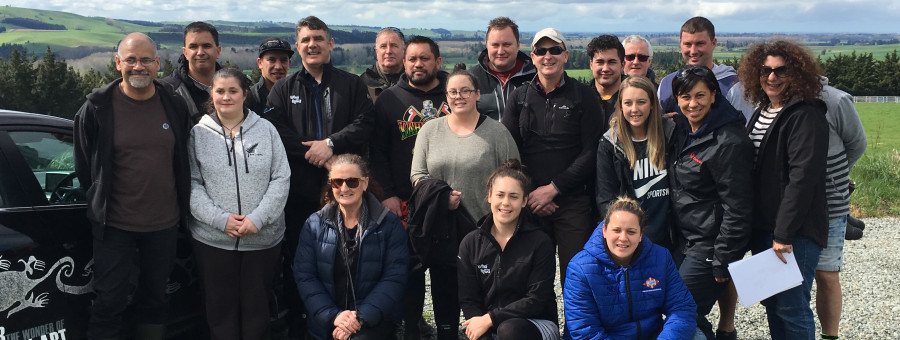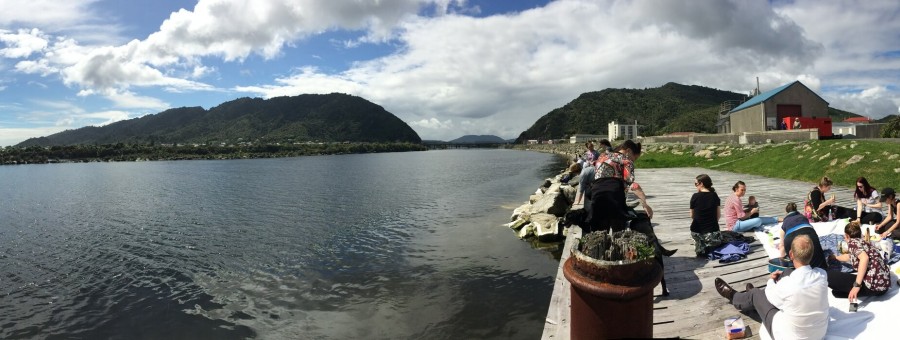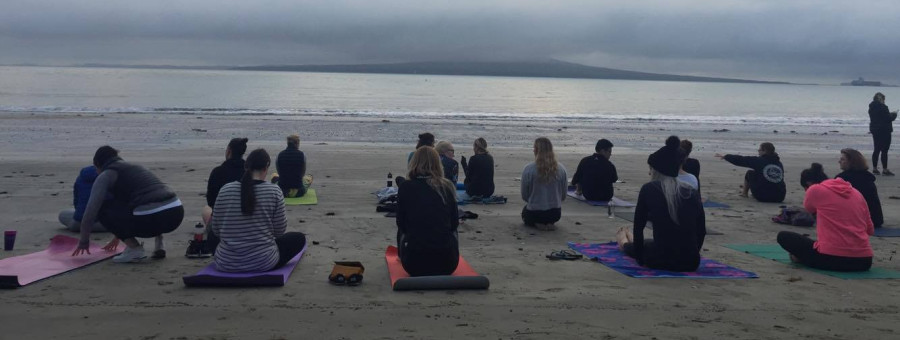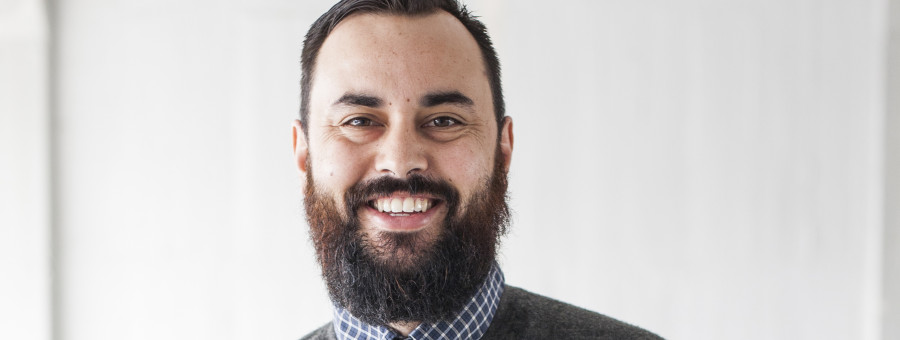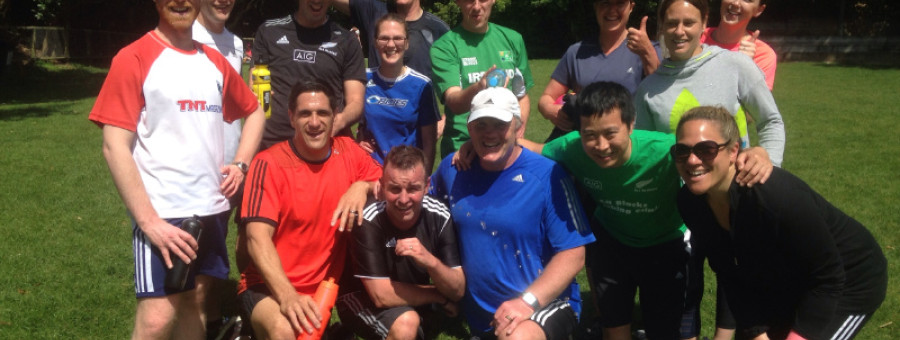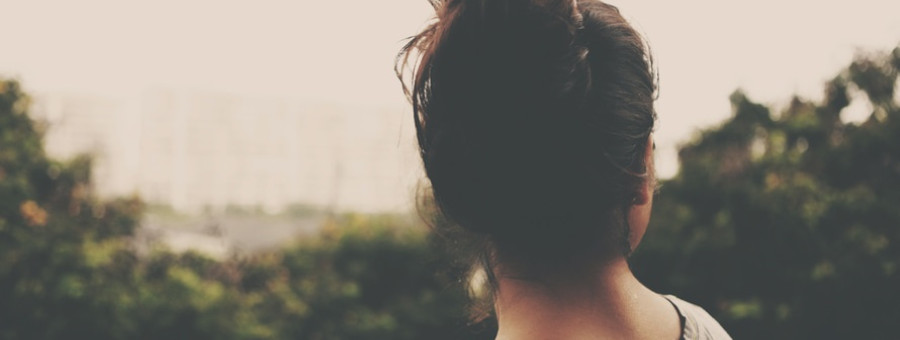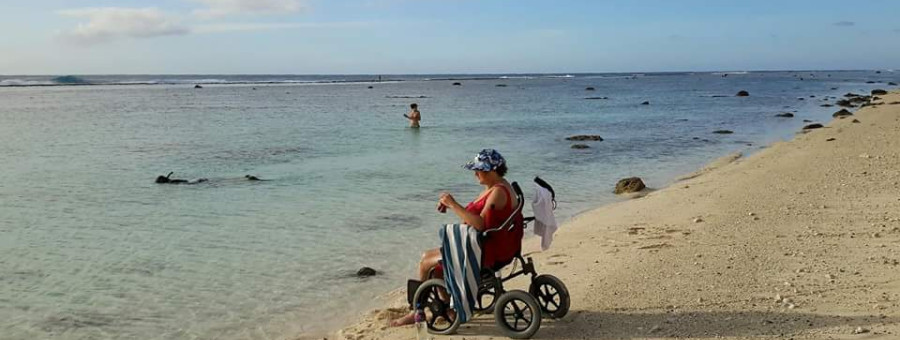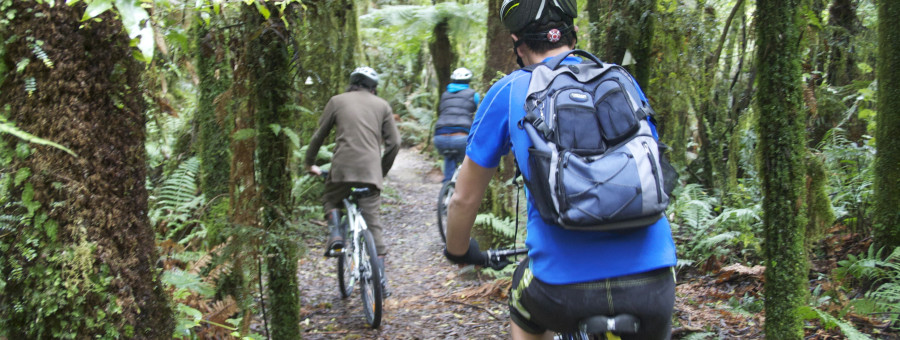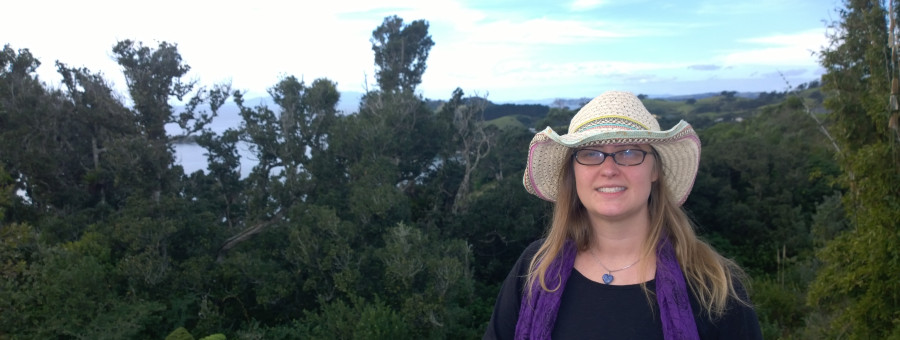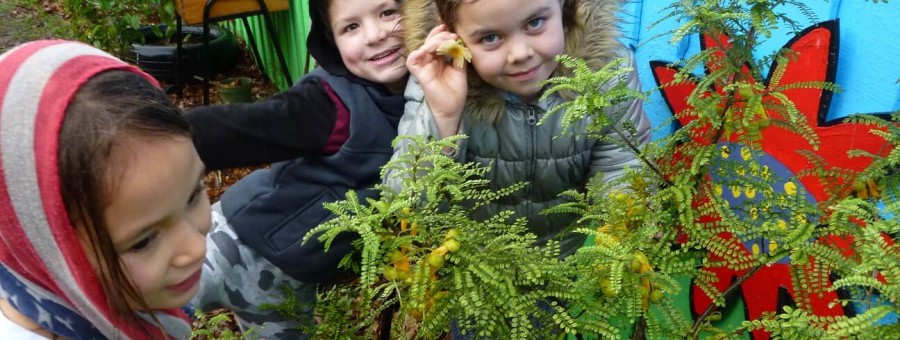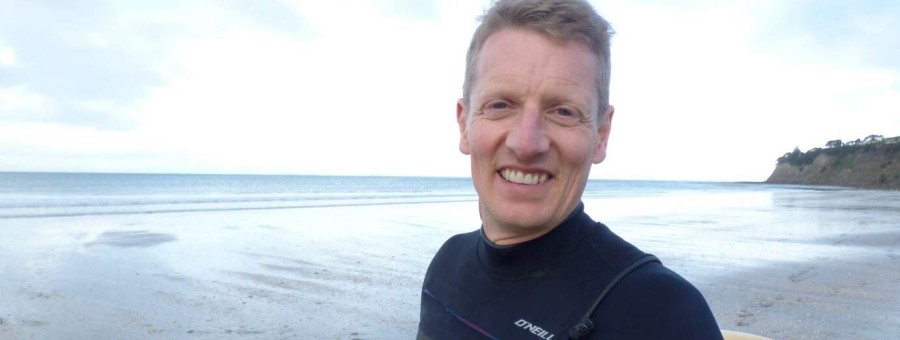‘Take Notice’ is one of the Five Ways to Wellbeing. Could you explain what 'taking notice' might look like from a Māori perspective?
Aroha is the ultimate way to ‘take notice’ from a Te Ao Māori perspective. Aro means ‘to pay kind attention’, and hā refers to breath. When we hongi someone, we share breath; we show love this way. We ‘take notice’ when we recite karakia, mōteatea, or waiata and haka. Aroha, and in turn, taking notice, is how our kaumatua sit with closed eyes on the paepae (listening, taking the sensations into their puku to process and all the way up through their heart) so they can speak from that place when they stand. It’s in how our ancestors 'took notice’ of the stars that guided us here.
How do you personally practice mindfulness or take notice in your daily life?
I set myself up for each day by taking notice – karakia, Taumārie (meditation for fifteen minutes), journalling to check in with my emotions, and reflections of the Te Whare Tapa Whā practices I used the day before. I also note down three things I’m grateful for and three aspirations for the day ahead. The last step in my routine is reading and translating from Te Reo Māori to English from a beautiful book, Tuku Iho, this is a part of my Te Reo studies.
If I am ‘taking notice’ or, the definition of mindfulness that I like, ‘paying kind attention without needing to change a thing’, then I can turn to my breath to settle myself in the moment when I experience anipā (anxiety), āmaimai (nervousness), or āwangawanga (worry).
‘Taking notice' comes in the form of everyday activities, like brushing our teeth, taking a shower, making kai, eating kai, walking or biking to work, or drinking tea... these are all mindfulness activities. The key is not what the action is, it's how you are doing it.
Through mindfulness and taking notice, what are some of the significant changes you’ve noticed in your life?
Being mindful has changed my life. These practices have increased my self-awareness – I’m more aware of my emotions and behaviours in each moment. I am now six and a half years sober, all because I ‘took notice’ of how the addictive habits were not serving me. Today, I am consistently calmer, happier and more productive. I am less reactive, kinder, more responsive and a better person to be around! When I take notice, I also know when it’s time to take a break, or when to say no.
What role does being mindful play in helping you manage stress, anxiety, or other mental health challenges?
By being self-aware, I have more room to choose how I respond, rather than react to a situation. I am much more aware of the emotions going through my body; I can now notice Ruaumoko (God of earthquakes, volcanoes and seasons) building in me when I am angry, and subconsciously, after years of practice, my breath kicks in to meet that anger, so that I can feel it but not let it take over my entire body.
I tune into my stress cues – heavy eyes, grumbling belly, tight neck and shoulders, and I can see stress in others. This means that I can lead as a CEO with compassion and empathy. Plus, I can communicate with my team openly and safely when I am going through stress or anxiety.
How do these practices of mindfulness or taking notice help others navigate challenges and stress in their lives?
I have seen how mindfulness practices like ‘hā’, the breath, can support people in ‘te mura o te ahi’, the centre of the fire.
"Mā tō hā tō wairua e tau ai".
This whakataukī is something so simple, yet powerful and potent.
As we promote Mental Health Awareness Week and the Five Ways to Wellbeing, we'd love to know why you believe it is crucial to equip people with diverse tools to boost their mental health and wellbeing.
We all have the answers to our wellbeing inside of us. It's essential to find what works for you. That’s why I love the holistic nature of the Five Ways to Wellbeing. Take Notice, Give, Be Active, Connect, Keep Learning, are all simple tools to add to our wellbeing kete to help us. They are our arsenal for combatting huge challenges in our lives. The more tools we have in our kete, the better. Doing small practices like the Five Ways every day makes us stronger and more resilient.

